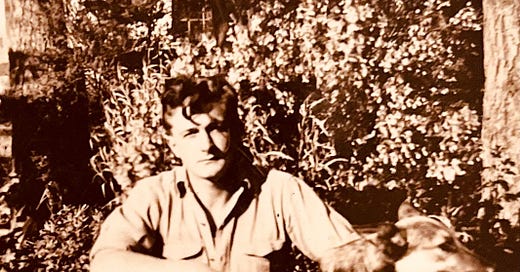How many first-generation students were not the first?
Reading the silences in my grandfather's life
Soon after I left academe, I found myself probing my family roots. It was a way of feeling less alone, imagining my journey as a kind of emigration that ec…




